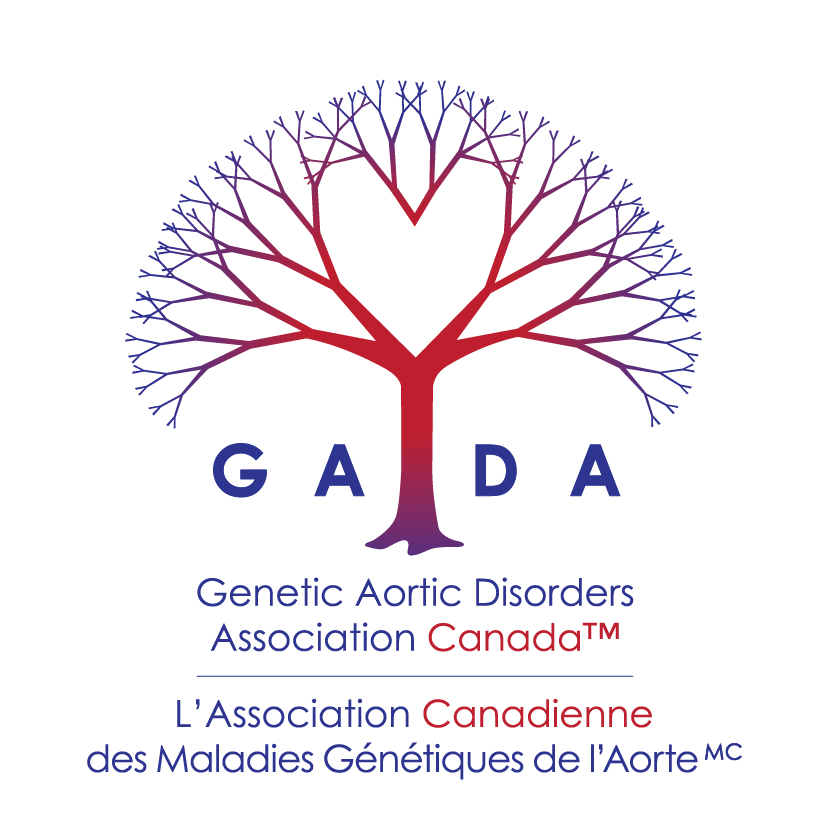The American College of Cardiology and American Heart Association joint committee on clinical practices issued new guidelines for the diagnosis and management of aortic disease, published in the Journal of the American College of Cardiology (JACC).
The recommendations provide guidance for clinicians on diagnostic, surgical considerations and surveillance for syndromic, non-syndromic heritable thoracic aortic diseases and other congenital and medical causes of aortic disease. The scope of the guidelines includes both abdominal and thoracic aorta, addressing genetic evaluation, family screening, imaging measurement approaches and reporting for diagnostic and long-term surveillance of patients with aortic disease.
The new guidelines encourage comprehensive care for patients with multidisciplinary aortic team of experts and emphasizes on shared decision-making, to determine timing of intervention and optimal medical, endovascular and surgical therapies. Shared decision-making is especially important before and during pregnancy when considering the cardiovascular risks of pregnancy, the diameter thresholds for prophylactic aortic surgery, and the mode of delivery.
Surgical thresholds may be adjusted based on patient genetics, rapid aortic growth rate, indexing aortic size or aortic height or cross-sectional aortic area to patient height. At centers with Multidisciplinary Aortic Teams and experienced surgeons, the threshold for surgical intervention for sporadic aortic root and ascending aortic aneurysms has been lowered from 5.5 to 5.0 cm in selected patients, and even lower in specific scenarios among patients with heritable thoracic aortic aneurysms. In the future, gene-based precision medicine and patient-centered approaches will enable care plans to optimize outcomes for each patient.
For more information and useful clinician and patient tools related to the Guideline, visit ACC's Aortic Disease Guideline Hub
These guidelines were written by a team of selected multidisciplinary aortic specialists and are based on comprehensive literature searches and expert opinions on data from observational studies, large registries and prospective studies. Two members from the Montalcino Aortic Consortium (MAC), Dr. Dianna Milewicz, Medical Geneticists, UTHealth in Houston and Dr. Alan Braverman, Cardiologist, Washington University School of Medicine in St. Louis were part of the guidelines writing committee. GADA acknowledges Dr. Milewicz and Dr. Braverman for their expertise and insights for gene-based precision medicine from the MAC research findings, on the guidelines committee. GADA, a co-founder of MAC, is proud to fund the registries for MAC research.
GADA hosted a webinar on Wednesday November 23, 2022 @ 2 pm ET, with Dr. Dianna Milewicz, MAC Executive Chair and Dr. Jennifer Chung, Cardiovascular Surgeon, PMCC, Toronto, to talk about the new guidelines and how they affect clinical practices for those with genetic aortic disease. It will be a great opportunity to learn about the guidelines and ask questions.
